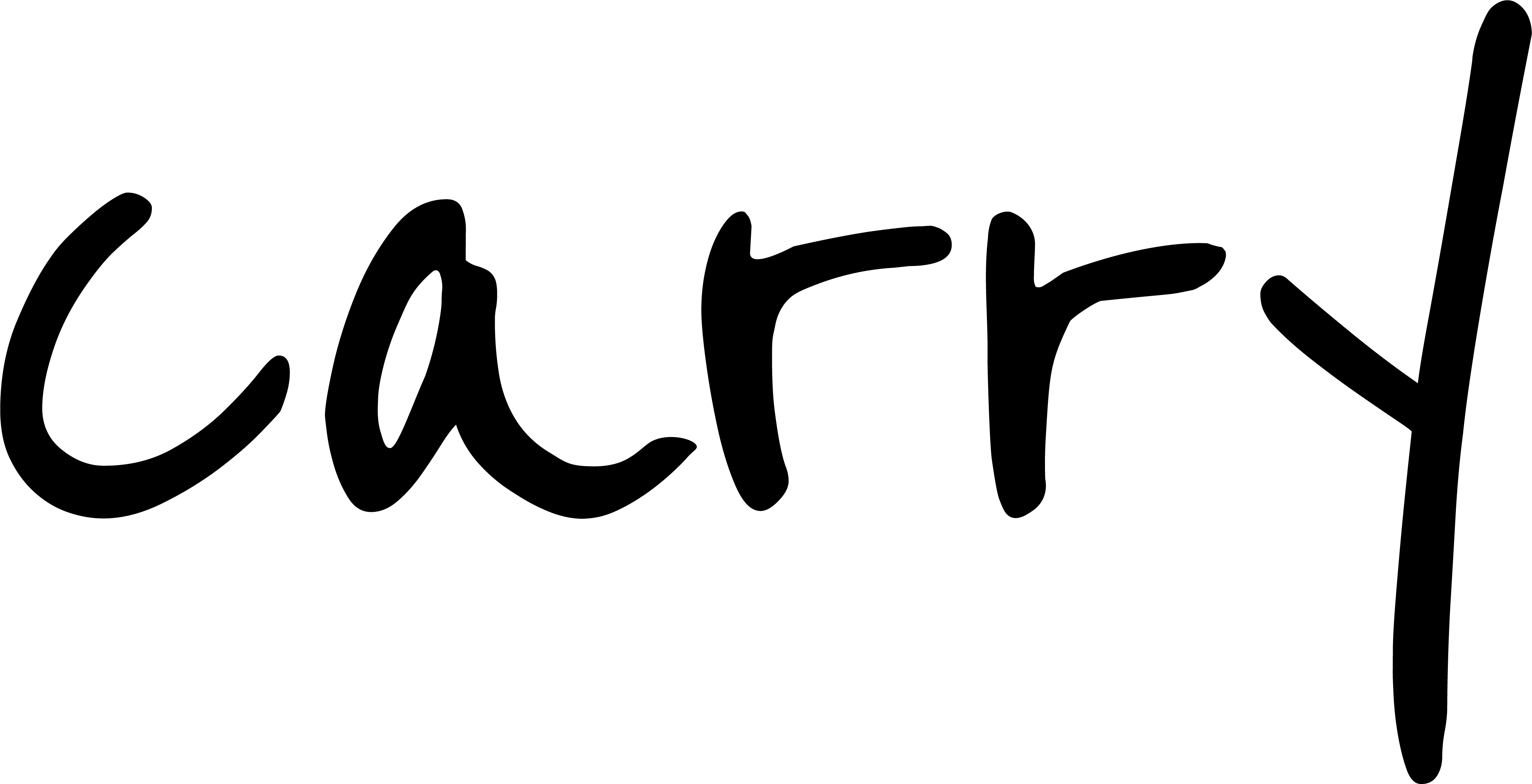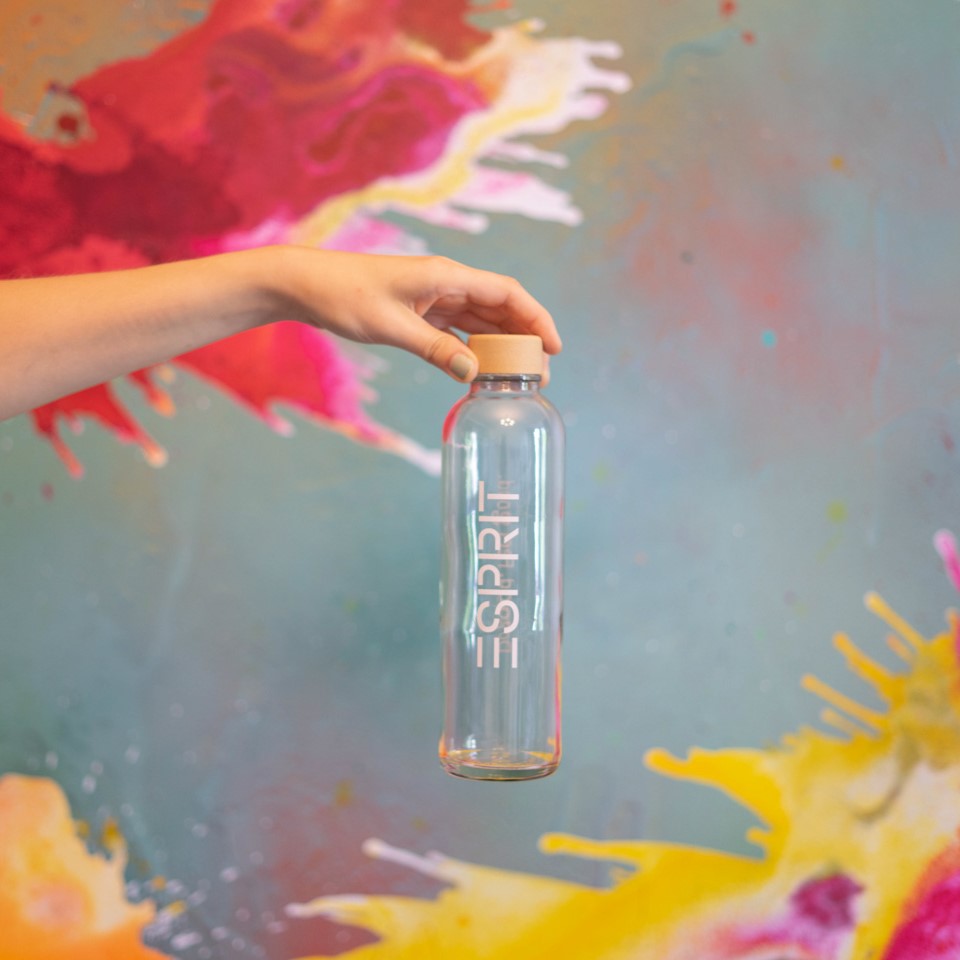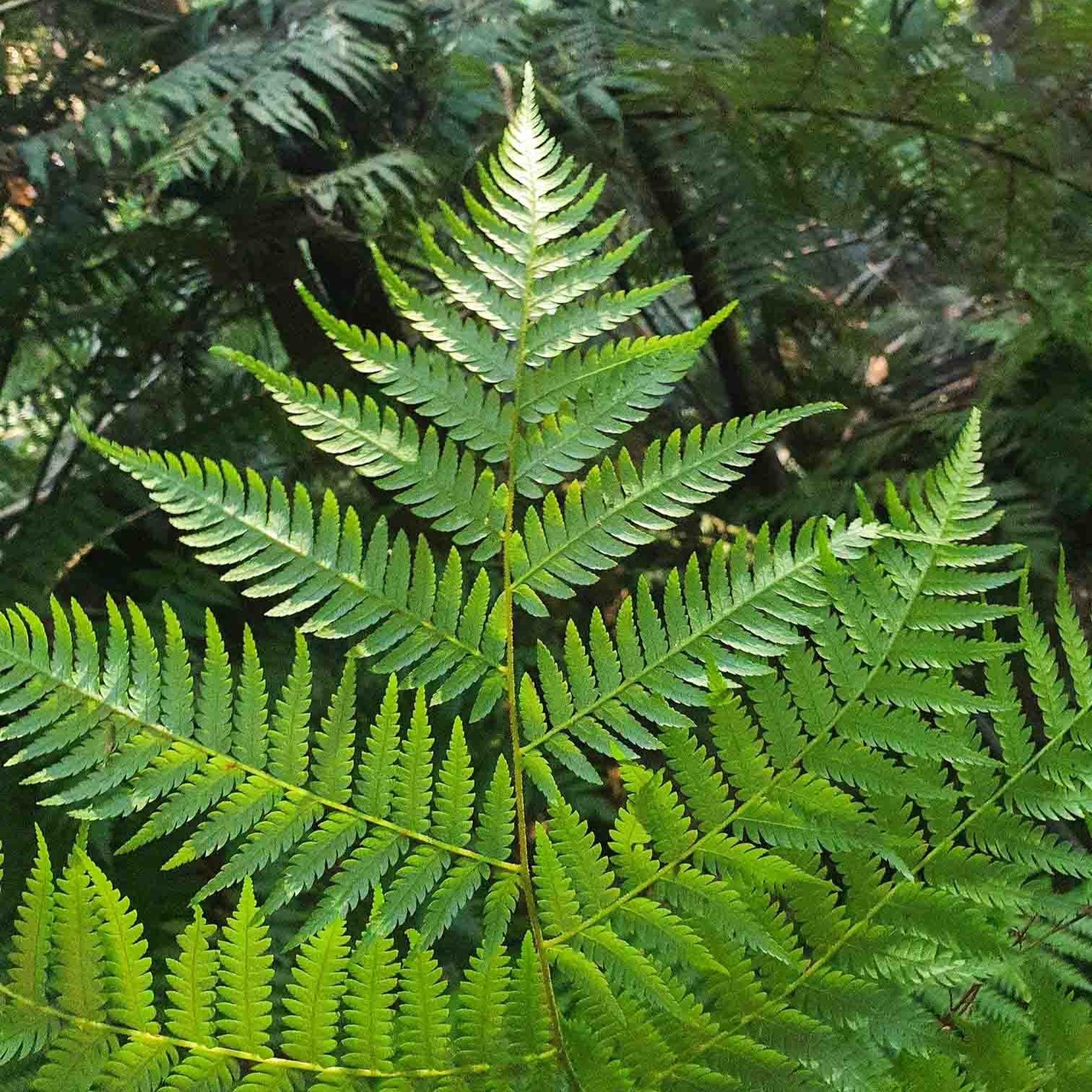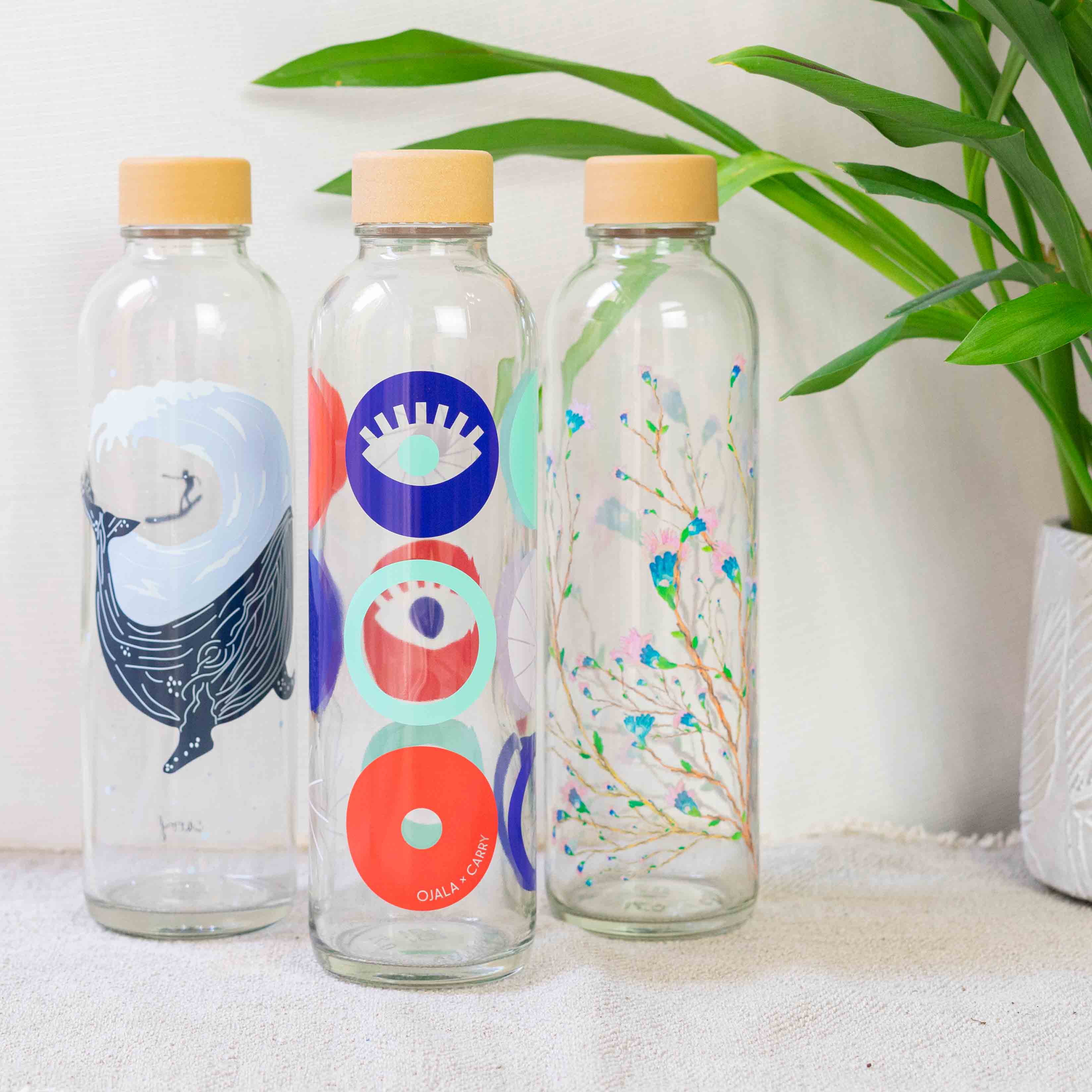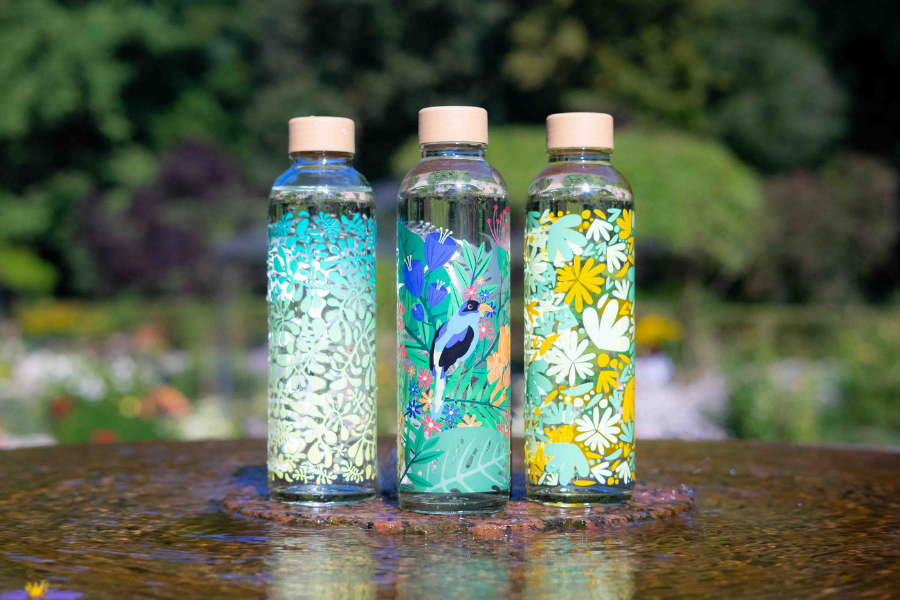Will we soon be left high and dry? Actually, everyone knows that we should save water. On the other hand, we keep hearing that there is enough water available in Germany. So what is true and is it really necessary to save water?
We at CARRY want to encourage more people to drink tap water through our bottles - and also support people in living as sustainably and, above all, as water-efficiently as possible. It is therefore all the more confusing to hear that in some regions of Germany more water is created than is taken out. And even that it is important for water pipes to use more water. We have got to the bottom of these statements in order to create a little more clarity. :)
The water supply in Germany
It is true that Germany is a country with a lot of water. Due to high rainfall and inflows from neighboring countries, a lot of water is available. But only to a certain extent: In some regions of Germany, more water is used than can be obtained in the specific region. Reasons for this can be, for example, increased economic use and dense settlement structures. The Stuttgart area, for example, gets most of its water from Lake Constance, which is 100 km away. And sometimes it is simply natural conditions that cause an uneven distribution of water. In the Alps and other mountain ranges, there is a lot of precipitation, while in other regions, such as Brandenburg, almost all of the precipitation evaporates very quickly. These regions are dependent on the water inflow from rivers or long-distance pipelines. On this page of the Federal Ministry of Education and Research, there is a great and clear overview of water flows in Germany.

The groundwater is at risk
Despite the large water resources, there is concern about water shortages. This is mainly due to groundwater pollution. 2/3 of drinking water is obtained from groundwater and this is at great risk, particularly due to intensive agriculture. Why is agriculture so problematic?
Fertilizer, liquid manure and fermentation residues release large amounts of nitrogen into the soil, which is converted into nitrate by microorganisms in the soil. However, not all of the nitrate can be absorbed by the plants and ultimately ends up in the groundwater, rivers, lakes or seas. According to the Munich Environmental Institute, regions where many animals are kept are particularly likely to exceed the nitrate limit. And compared to other European countries, Germany has the highest nitrate levels in groundwater after Malta! According to European guidelines, we would be obliged to change this. Drinking water with too high a nitrate content is carcinogenic and can lead to life-threatening cyanosis in small children. At the moment, however, this problem is not being tackled seriously enough.
It is not just nitrate that pollutes our groundwater. Residues from veterinary medicines such as antibiotics, anti-parasitic agents and hormone-active substances also significantly disrupt the ecosystem. These substances not only fight diseases, but also kill microorganisms, insects and other small creatures. In amphibians and fish, hormone-active substances can even affect the fertility. Sooner or later, all of these substances find their way from the soil into the groundwater. Unfortunately, there are currently no methods to measure them, nor are there any clear limits. And above all, there is no process to filter these substances out.
And what about international water consumption?
Germany is responsible for an enormous amount of water consumption outside the country. This is because the import of goods and services that require a lot of water consumes valuable resources in other countries, some of which have far greater water shortages. For example, large quantities of animal feed are imported to Germany from South America, which requires additional land and water resources.
What do the water pipes say about this?
There are even voices claiming that it is necessary to use more water because the water pipes are designed for more water. In some regions, water consumption has actually decreased and some pipes are now too large for the current water volume. This could stop the water flow and cause rot or other problems. But is that really a reason to use more water? That's a rumor! :) Specialists should be used to flush out pipes and in the long term, according to the Federal Environment Agency It makes sense to adapt the pipes to the new water flow.
What does this mean for the water supply?
Despite the abundance of water available in Germany, the water supply is at risk. And if you take other countries or even other continents into account, this has been the case for a very long time. Climate change could worsen the situation: it is very likely that regional shortages will increase, for example if rising temperatures lead to even greater evaporation of rainwater. Experts assume that in 20 to 30 years we will have to irrigate a third of agricultural land. It will then be necessary to divide the scarce resource between drinking water supply, industry, nature conservation and cooling. We agree with the hydrologist Dietrich Borchardt that coordination and prioritization are already necessary now. But unfortunately this is not happening enough at the moment.
That's why we at CARRY think it's super important to take matters into our own hands by adopting a corresponding lifestyle. There are so many ways to take responsibility in everyday life and pay attention to water consumption. We've already introduced you to a few of them in our blog articles on sustainability. And we're still working hard to collect even more ideas for you. We'll introduce these to you in one of the following posts. :)
What are your life hacks for saving water in everyday life and when consuming water? And what do you find particularly difficult?
